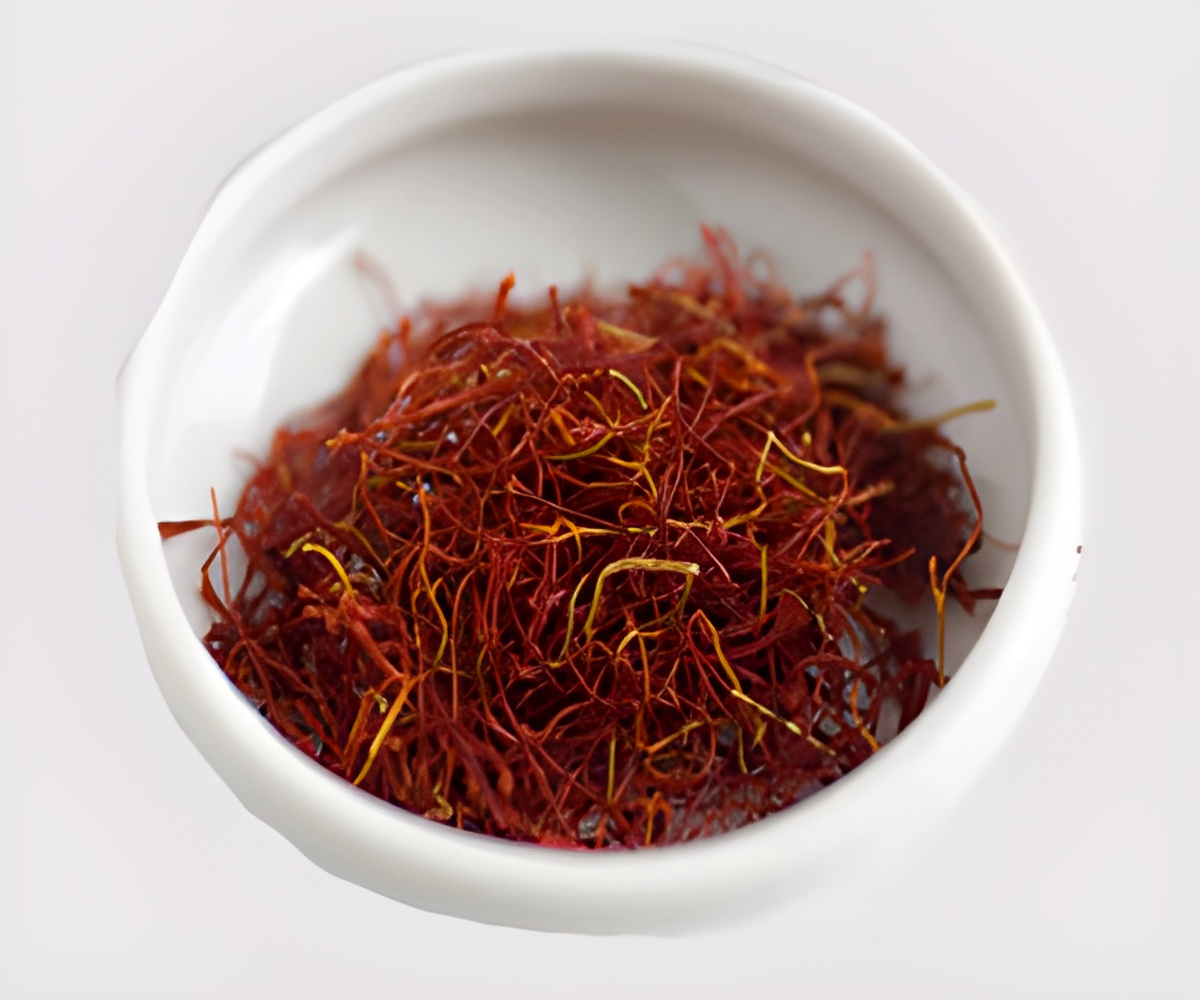
Hepatocellular carcinoma (HCC), or liver cancer, is the fifth most common cancer and the third leading cause of cancer mortality in the world.
Prior studies have shown that saffron, a naturally derived plant product, possesses antioxidant, anti-cancer, and anti-inflammatory properties.
The research team administered saffron to the animals at 75mg/kg, 150 mg/kg, and 300 mg/kg per day two weeks prior to DEN injection and continued the regimen for 22 weeks.
Results show saffron significantly reduced the number and the incidence of liver nodules, with animals receiving the highest dose of saffron showing complete inhibition of hepatic nodules.
Animals that received pre-treatment with saffron displayed a decrease in the elevation of gamma glutamyl transpeptidase, alanine aminotransferase and alpha-fetoprotein (GGT, ALT, aFP)-proteins, which indicate liver damage.
Advertisement
"Our findings suggest that saffron provides an anti-cancer protective effect by promoting cell death (apoptosis), inhibiting proliferation of cancerous cells, and blocking inflammation," concluded Prof. Amr Amin from United Arab Emirates University.
Advertisement
Source-ANI













